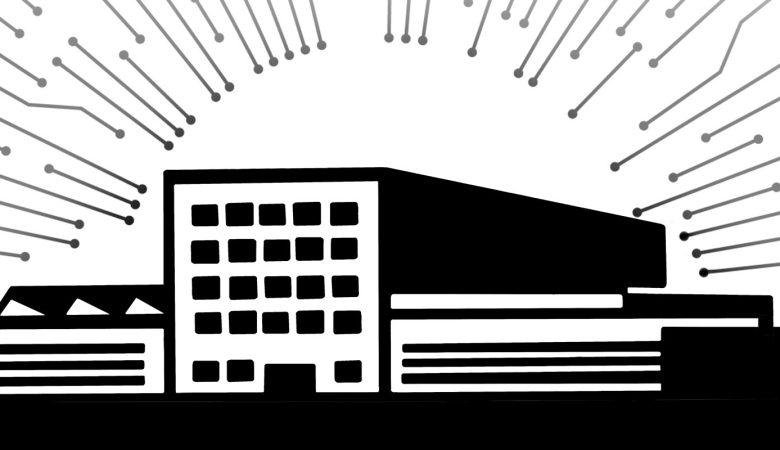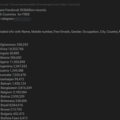
The ICT component of the Environment and Planning Act is ready for use. Nevertheless, the introduction of the law will be postponed again, until January 1, 2024. Governments must be given time to learn how to work with ICT, which for years was the major stumbling block of the complex law.
Writes Minister Hugo de Young of Housing and Spatial Planning in a letter to the House of Representatives. The Environment Act, which should have entered into force on July 1 of this year, has now been postponed to January 1, 2024. The law has already several times postponed, but this time the biggest obstacle, the complex ICT structure, seems to have almost been solved.
The Environmental Act is a large-scale bureaucratic reform of hundreds of Dutch laws and Orders in Council. From now on, these will be merged, so that citizens can go to a single point of contact for all permits and questions related to spatial planning. Central to that process is a digital component, the Digital System Environment Act, abbreviated DSO-LV. That ICT project always turned out to be much more complex than expected and ensured that the law could not be introduced several times because the software did not yet work properly. Tweakers wrote in 2020 an extensive background on the law.
Minister De Jonge, however, now writes that the DSO-LV is almost finished. “It follows from testing the DSO in a general sense that the DSO-LV is technically sufficiently ready for entry into force in terms of performance and availability,” said the minister. The last minimal functionalities that were required for delivery were delivered in the last quarter of last year, says De Jonge. In addition, work has been done on other functions that governments have asked for, but which are not necessarily necessary for the operation of the law. An important part of this is decentralization. Various authorities, such as municipalities, want a link between the DSO-LV desk and their own networks so that they can manage their own documents. This is not yet possible when the law is introduced; the DSO-LV then still works centrally.
Temporary Alternative Measures
For the functionalities that do not yet work, provisions have been included in the law so that governments can still meet all their requirements. These are so-called Temporary Alternative Measures or TAMs. They have been drawn up head over heels since the summer of last year to prevent the law from ever becoming usable at all.
Despite the fact that the basis for the software is now working, the law is still being postponed for six months. During that period, work will continue on the decentralization possibilities of the network. It is not clear whether the law will be postponed again if that decentralization is not yet completed by January 1, because this is not technically necessary for the operation of the law.
De Jonge says that the business community is now also can live with the entry into force of the law. To this end, he has consulted with industry associations in the SME sector. “They are in favor of entry into force on 1 January 2024 and ask for timely clarity,” he says.











